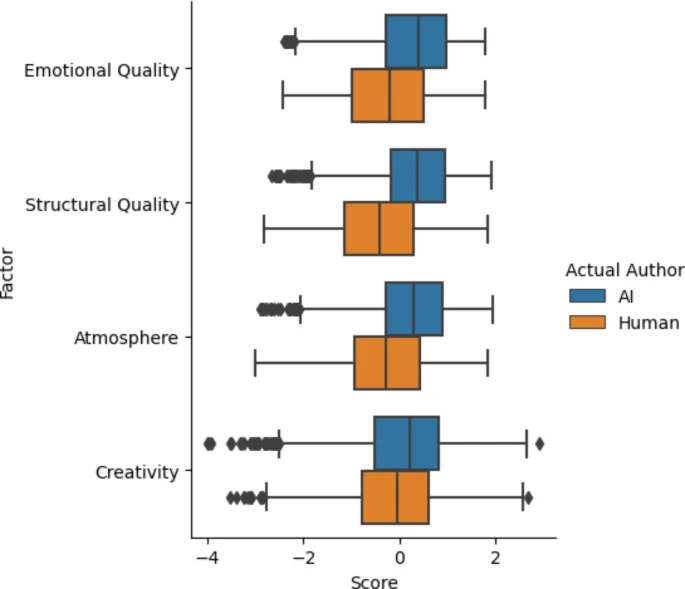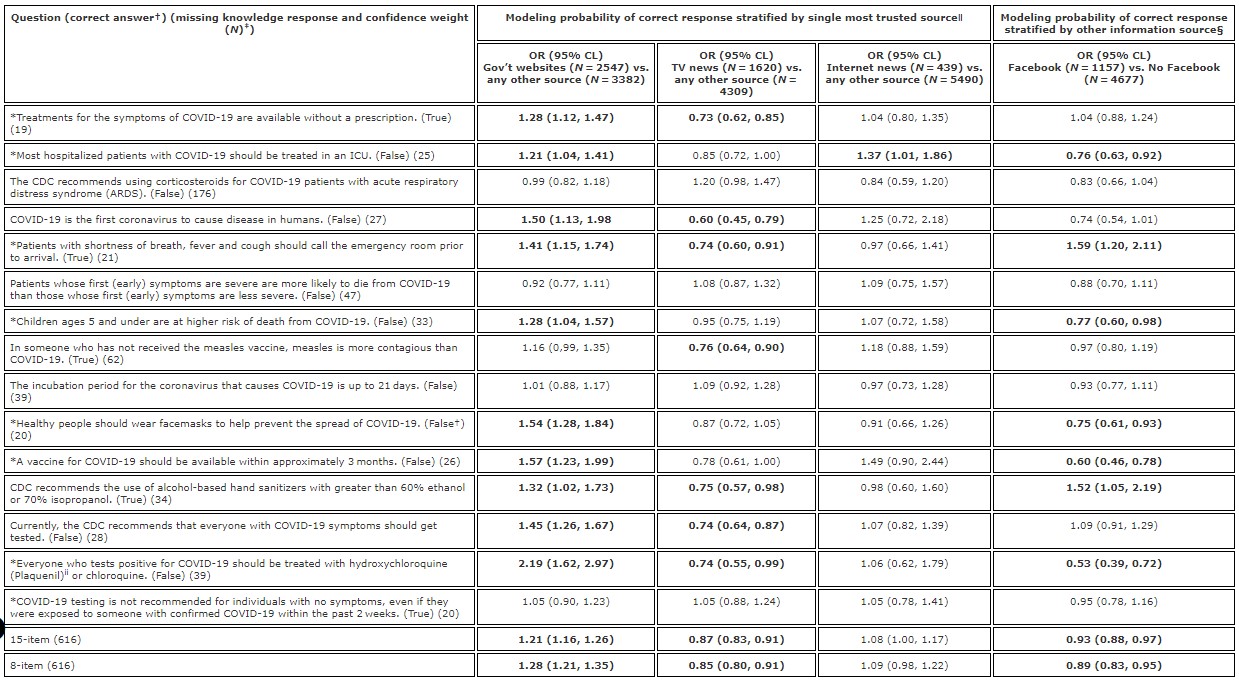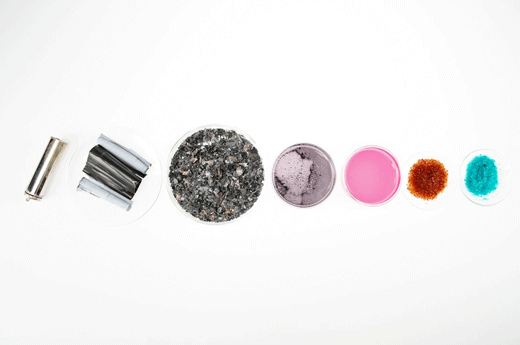If you see someone on "TODAY" hawking four products per minute they claim are going to make your life better, there is a 100 percent chance it is a paid influencer invited because a producer needed content. Such influencers get paid because it works.
This marketing strategy is also common on Facebook, Twitter, and outlets like Mother Jones, where organic food, supplements, and alternatives to medicine are popular for their demographics who have money and a distrust of science.
COVID-19 has been worse than the coronavirus pandemics of 2012 and 2003 yet the air is cleaner than ever, so
a new op-ed claiming that 'virtual' pollution - so small you can't see it without an electron microscope - is the reason SARS-CoV-2 has been so bad comes across as silly, and bordering on deceptive.
Even sillier, they claim that 91 percent of planet earth lives in unsafe air.
Muons are leptons(1), fundamental particles formed in the atmosphere by cosmic rays that are a heavier cousin of electrons. The Standard Model has three generations of leptons; electrons, muons, and tau plus their three neutrinos. The Standard Model is in line with "the big bang" and measurements of the hydrogen/helium ratio - because the number of types of neutrinos affects the prevalence of helium.
Things were great, or at least in a kind of intellectual détente on the Standard Model, until recently.
Your risk of death is 100 percent. Yet your risk of early demise can be mitigated if you avoid things like ingesting alcohol and cigarettes and mustard gas.
Those are clear killers. What about salt, sugar, and meat? Those have not been established as science at all, they are instead examples of correlation. To create correlation is easy, it only requires looking at a group of people, finding what diseases they have, finding what foods they eat, and creating a "statistically significant" link between them.
The CDC has bad news for Purell.
“It is possible for people to be infected through contact with contaminated surfaces or objects (fomites), but the risk is generally considered to be low,”
they write in their latest guidance.
Electric cars are popular, thanks to government mandates and subsidies, but they have a problem in the distance; massive amounts of battery waste.
The EU, for example, wants to have 30 million electric cars by 2030 and while politicians can ignore the fossil fuel demands and strain on the grid, electric cars bring something they can't ignore; the environmental impact of giant toxic batteries in landfills.
 Rutgers Study - Forcing DEI Programs On People Increases Hostility
Rutgers Study - Forcing DEI Programs On People Increases Hostility Minnesota Trial Lawyers Want To Ban Neonics - Here Is Why That Is A Mistake
Minnesota Trial Lawyers Want To Ban Neonics - Here Is Why That Is A Mistake The Toxic Masculinity Of Disney Movies
The Toxic Masculinity Of Disney Movies AI And The Poetry Problem
AI And The Poetry Problem








